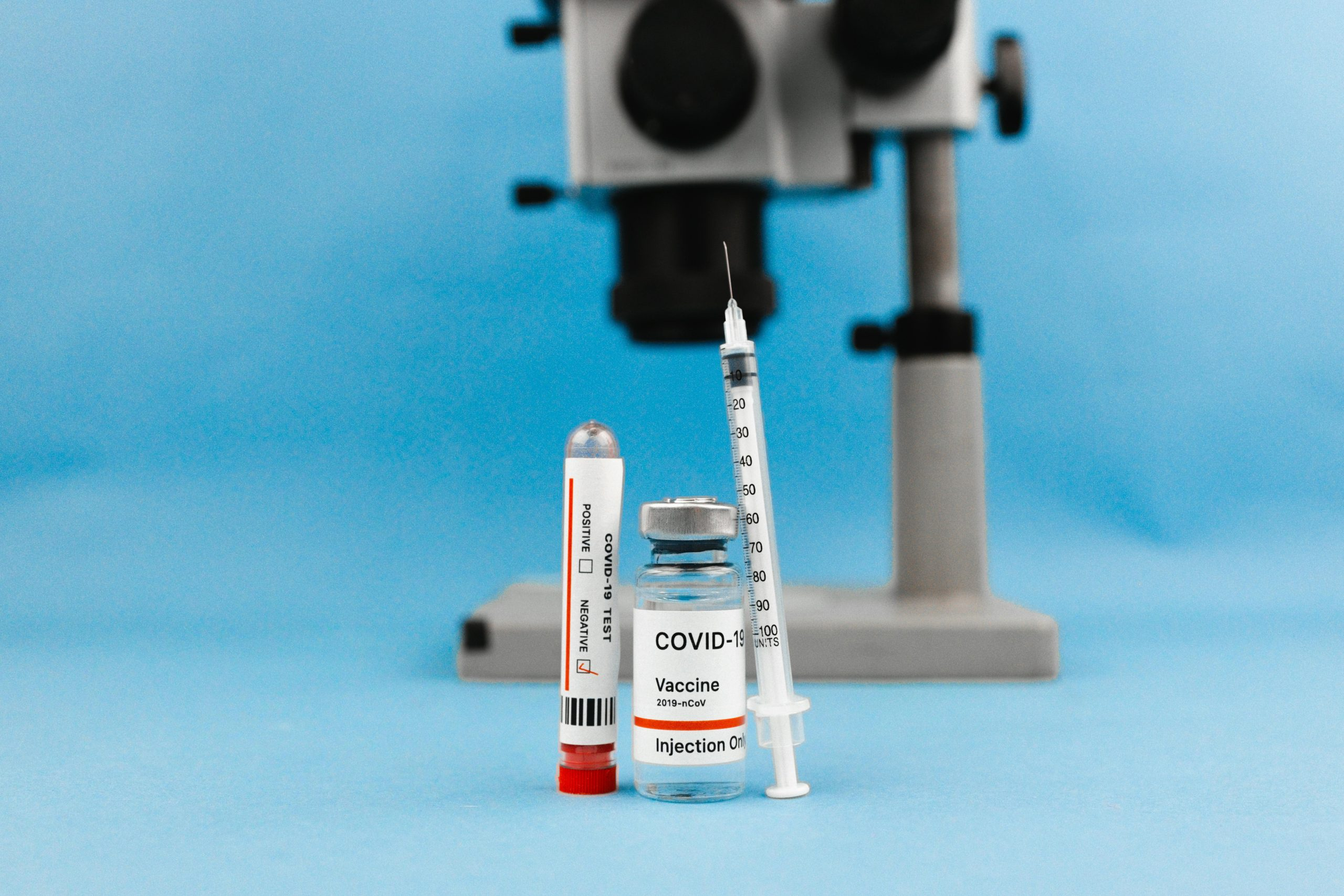Public Health Law During Global Pandemics
The recent COVID-19 pandemic has not only upended our daily lives, but it has also brought to light the critical importance of public health law. During a global health crisis, the legal framework for public health plays a crucial role in mitigating the spread of disease, protecting individuals and communities, and ensuring the continuity of essential services. In this article, we will delve into the key aspects of public health law during pandemics and how it can help us navigate through these unprecedented times.
Understanding Public Health Law
Public health law is a branch of law that aims to promote and protect the health of the population by addressing various health-related issues. It covers a wide range of areas, such as disease control and prevention, environmental health, food safety, and emergency preparedness. During pandemics, it becomes a critical tool in managing the spread of disease and minimizing its impact on society.
The Role of Government
At the heart of public health law is the role of the government in protecting the health and well-being of its citizens. In times of global pandemics, governments have the authority to impose measures such as quarantine, isolation, and social distancing to control the spread of disease. These measures may seem intrusive, but they are necessary to protect the population from further harm and curb the outbreak.
In some cases, governments may also declare a state of emergency, which gives them additional powers to respond to the crisis effectively. This includes the ability to requisition private property for the public good, establish temporary hospitals, and enforce mandatory vaccinations or testing. These measures may be controversial, but they are crucial in safeguarding the population and ensuring the continuity of essential services.
International Agreements
Public health law is not limited to national borders. In a globalized world, it is vital to have international agreements in place to tackle pandemics that can easily spread across different countries. The World Health Organization (WHO) is the leading international agency responsible for global health security and emergency response. Member states are legally bound to follow the International Health Regulations, which provide a framework for coordination and collaboration in the event of a public health crisis.
These international agreements also facilitate the sharing of information and resources, such as medicines, vaccines, and medical equipment, to support countries in need during a pandemic. In the current COVID-19 pandemic, we have seen countries come together to exchange knowledge, collaborate on research, and provide aid to countries hit the hardest by the virus.
Public Health Law in Action: Lessons from COVID-19
The COVID-19 pandemic has highlighted both the strengths and weaknesses of public health law in a global health crisis. On one hand, we have seen governments quickly enact measures to curb the spread of the virus and protect their citizens. On the other hand, the pandemic has also exposed gaps and loopholes in public health laws that need to be addressed to better prepare for future pandemics.
Strengthening Emergency Preparedness
The COVID-19 pandemic has shown that many countries were not adequately prepared to handle a global health crisis of this magnitude. As a result, we have witnessed overwhelming healthcare systems, shortages of essential medical supplies, and inadequate emergency response plans. Public health laws need to be strengthened to ensure that governments are better equipped to handle emergencies in the future.
This includes investing in healthcare infrastructure, stockpiling essential medical supplies, and developing robust emergency response plans. Countries also need to review and update their pandemic preparedness and response laws to ensure they are equipped to deal with emerging infectious diseases.
Ensuring Equity and Protection of Human Rights
Public health laws must also take into account the principles of equity and protection of human rights during pandemics. The current pandemic has disproportionately affected marginalized and vulnerable communities, highlighting systemic inequalities in access to healthcare and resources. Public health laws need to address these disparities and ensure that everyone has equal access to healthcare and support services.
Moreover, measures taken during a pandemic, such as quarantine and isolation, can have a significant impact on civil liberties and human rights. Public health laws need to include safeguards and accountability mechanisms to prevent discrimination and abuse of power during emergencies.
Conclusion
In conclusion, public health law plays a crucial role in managing global pandemics. It provides the necessary legal framework for governments to take quick and decisive action to protect the health of the population. However, the current COVID-19 pandemic has also highlighted the need for continuous improvement and updates to our public health laws. We must learn from this experience and strengthen our healthcare systems and laws to be better prepared for future health crises.
So let us all do our part in following public health guidelines and laws, as every individual has a role to play in curbing the spread of disease and protecting our communities. Stay safe and stay healthy.










